Earlier in the semester, Julia Moran ’19 posted signs in the Leonard Center (LC) to express her annoyance at signs that had recently been posted to reserve space for athletes. Questions of an athlete and non-athlete divide aren’t new at Macalester or other colleges, but, with a new athletic director, a new director of club athletics and changes in the Title IX department, these questions surrounding athletics have resurfaced.
“There are… feelings, I think, of not being welcomed in that space, and that there is a big student athlete and non-student athlete divide,” Moran said in an earlier interview.
She noted concerns with the way athletics handles sexual assault and Green Dot bystander intervention training, as well.
Green Dot training is meant to teach students to recognize and intervene in situations of potential sexual violence. This training is mandatory for all varsity sports teams. Timothy Dunn, Macalester’s Title IX and bias harassment coordinator, said the training provides an opportunity for students “to come up with some proactive ways to be pro-social bystanders and… reviewing that it’s on all of us to prevent sexual violence at Mac.”
Moran questioned why Green Dot training is only mandatory for varsity athletes, and she expressed concern that it doesn’t do enough to continue the discussion it starts.
Moran wasn’t alone in her concerns. Other students are familiar with a divide between athletes and non-athletes on campus and with the difficulty of accessing the LC space and equipment.
Riley Yawn-White ’19 was disappointed that athletics teams were reserving space.
“I’m a tour guide, and we’ve been [saying] ever since I became a tour guide that the weight room can’t be reserved out by athletes or teams, and then they started doing that,” Yawn-White said.
Yawn-White uses the LC frequently himself and has had difficulty figuring out what’s open to non-athletes.
“There’s just a lack of communication,” Yawn-White said. “There’s signs on [a] door that say ‘please keep these doors shut’ — does that mean I can’t go in? I see people go in, but they’re people on sports teams, and I don’t know if they’ve gotten specific permission from their coach [or if] it’s just not advertised that equipment is there for student use not just athletic use.”
Even club sports have had difficulties with accessibility. Max Deckman ’19, captain of the men’s ultimate frisbee team, noted this. Though club sports are technically managed by the athletics department, they’re often the last priority when it comes to scheduling space in the LC.
“We’re a club sport, so we’re actually the lowest on the totem pole… it becomes difficult to get productive times in the LC,” Deckman said. “Our practices are normally 10:30 to midnight on Tuesdays and Thursdays during the winter.”
Changes in leadership have further complicated things. Club sports director Sheu Oduniyi and athletics director Donnie Brooks both started working at Macalester this academic year.
“Everyone’s trying to learn the ropes,” Deckman said.
Deckman mentioned that the LC administration is making efforts to try and accommodate everyone.
“We’ve actually been working with the LC to try and get more time and better times,” Deckman said. “Donnie in his first year has tried really hard to create a space where athletes and non-athletes are trying to fit together, and I think he’s getting better at it as the year has gone on.”
Deckman also echoed Yawn-White’s sentiments about feeling unwelcome.
“It can just sometimes feel a little daunting when there are a lot of people for one sport all doing one thing,” Deckman said. “It kind of creates an atmosphere that’s a little difficult to get into if you’re not an athlete.”
Club sports’ position under the athletics department has caused some confusion beyond scheduling time in the LC, too — while varsity teams are required to attend Green Dot bystander intervention training, club teams haven’t been required to in the past. In a recent interview with The Mac Weekly, Brooks mentioned that he is working with Title IX to bring this training to club sports as well.
According to Dunn, Green Dot was originally made mandatory for sports teams as a way to reach a broad student audience. Dunn and Brooks believe that bringing Green Dot to club teams will expand this audience.
“Once I realized that [club sports] was under athletics jurisdiction, it made sense to me, and Donnie agreed, that all the teams be held to the same standard,” Dunn said. “Green Dot gives you a set of skills to handle issues that may arise, so it’s just important that students have that information.”
Deckman hopes that the club frisbee teams will attend Green Dot trainings in the near future.
“I think it’s a very good move,” Deckman said. “We’ve already had meetings with Timothy Dunn, and we’ve emailed people about setting up a Green Dot. We’re hoping to get one in before the end of this year.”
Deckman mentioned that it can be difficult for non-athletes to access the trainings.
“I think it is good for club sports and really everyone should do it, but… it’s difficult for non-athletes to get these Green Dot trainings. They have, like, two of them during the semester or during winter break… but they’re few and far between for non-athletes,” Deckman said.
Finding trainings has been further complicated since Laura Linder-Scholer left her job as the sexual violence prevention program coordinator in January. Linder-Scholer led Green Dot trainings at Macalester, and no trainings have been held since her departure.
Women’s track captain and cross country team member Holly Ellingson ’19 said that Green Dot training was valuable for the cross country team.
“I think that the initial Green Dot training was received well, and I think it actually started some really good conversations, at least within the women’s [cross country] team,” Ellingson said.
She also saw a benefit to targeting athletics teams at Macalester.
“I think that based on the reputation that a lot of athletics teams have on this campus, it’s important to have it be required for athletics teams,” Ellingson said.
Ellingson did expresses some reservations about the long-term impacts of Green Dot training, though. While appreciating the initial conversation, she said she didn’t see it continuing.
“I feel like that the biggest weakness of Green Dot is that it’s something that teams and students go through and then pat themselves on the back,” she said. “It’s just supposed to be a first step.”
Ellingson and Moran both stressed that while Green Dot conversations would be valuable for the general student body, they should be a starting point not an ending point. Ellingson expressed disappointment with the follow up to Green Dot training that the track and field team received — a presentation on the legality of reporting an incident to Title IX.
“It was deeply disappointing,” Ellingson said of the follow up. “It just felt… like it was a hoop that we were all trying to jump through, so we could continue to pat ourselves on the back about solving sexual assault.”
Moran voiced similar concerns regarding the follow up to Green Dot training.
“If male athletes partake in Green Dot training… I think that creates a diffusion of responsibility, almost as if these aren’t real issues we need to address anymore because we’ve had some sort of baseline discussion, and I don’t think that’s good enough for a lot of people,” Moran said.
Dunn mentioned that no routine follow-up to Green Dot training exists, although a few teams requested a follow-up presentation.
“We don’t have a follow-up process,” Dunn said. “The follow-up for the track team was done at the request of the coach and so… I just talked mostly about the policy and protocol.”
Not much information on students’ reactions to the trainings is collected. Students are given surveys of their opinion of the training as they finish it, but these aren’t necessarily a gauge of long-term effectiveness. Dunn mentioned though that this information is “not longitudinal, meaning it’s all surveys that [students] filled out right after the session.”
The information from these surveys is not accessible – Linder-Scholer collected the surveys, but neither Title IX nor the athletics department could locate the completed surveys.
Before she left, Linder-Scholer had intentions of further expanding these trainings. In the process of hiring her replacement, Dunn mentions that the job description contains a requirement for more consistent programming.
“I anticipate, rather than just a module that students will receive this summer, that there will be multiple programs a month starting when the specialist arrives,” Dunn said.
Deckman did express that the LC seems open to changing things in the interest of the student body.
“When something hasn’t worked out [Brooks] has owned up to it and said, that didn’t work, let’s try something else,” Deckman said. “I think he is putting a good foot forward and trying to make it better.”











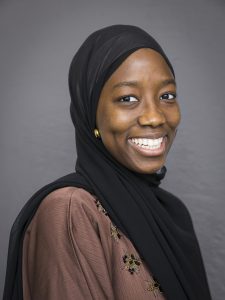



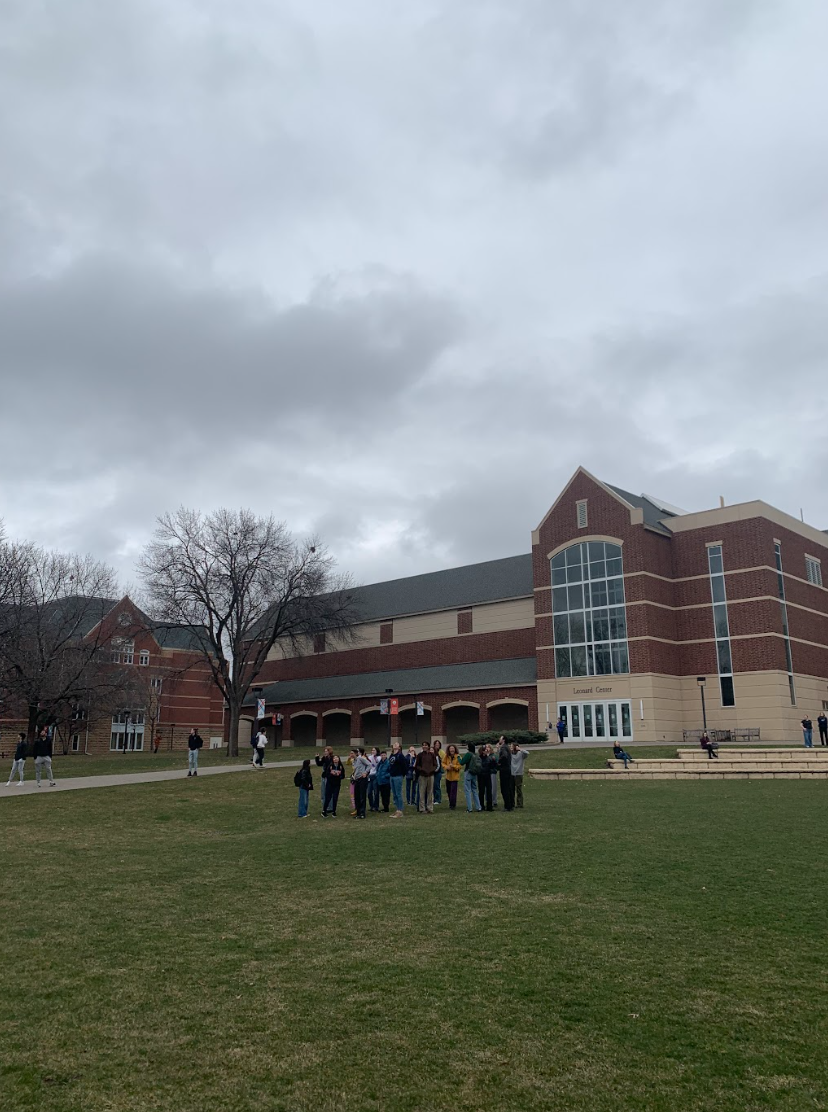
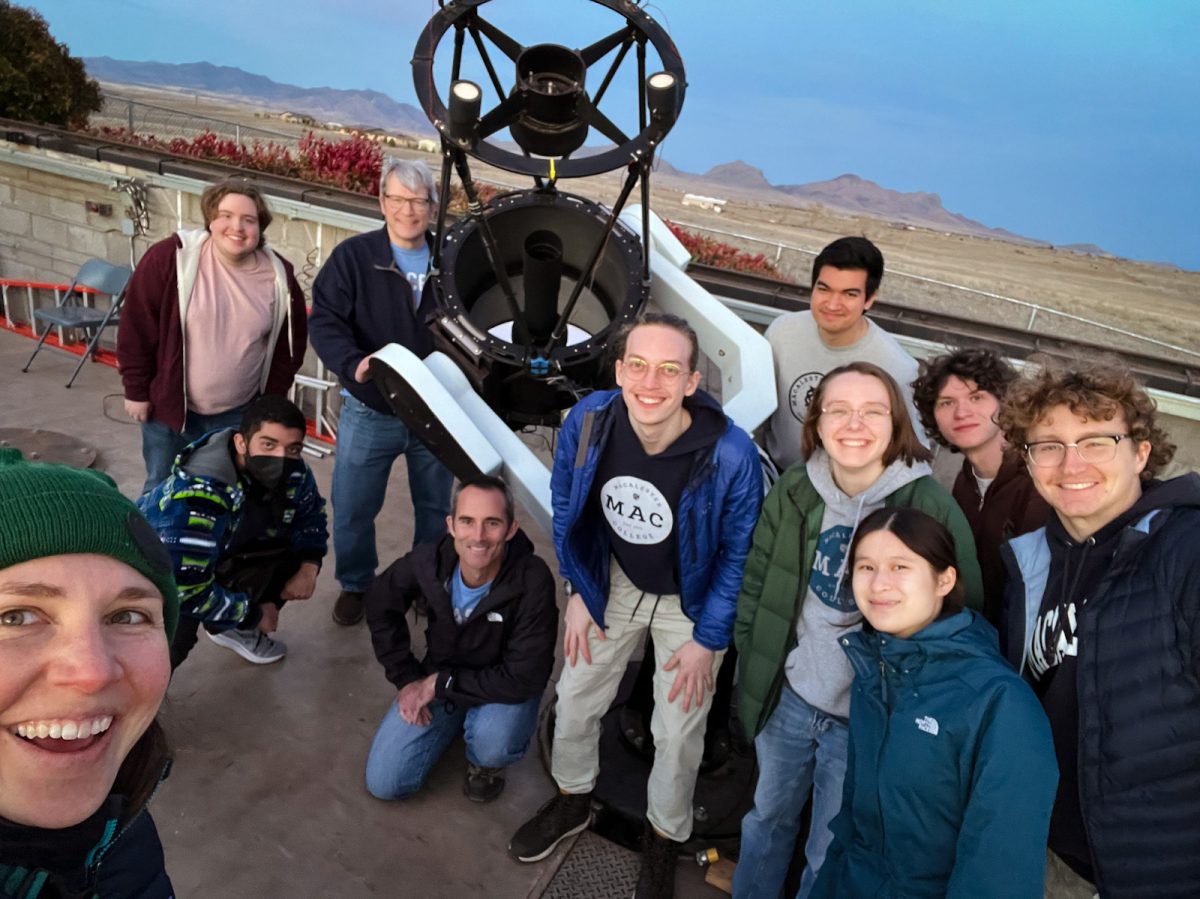

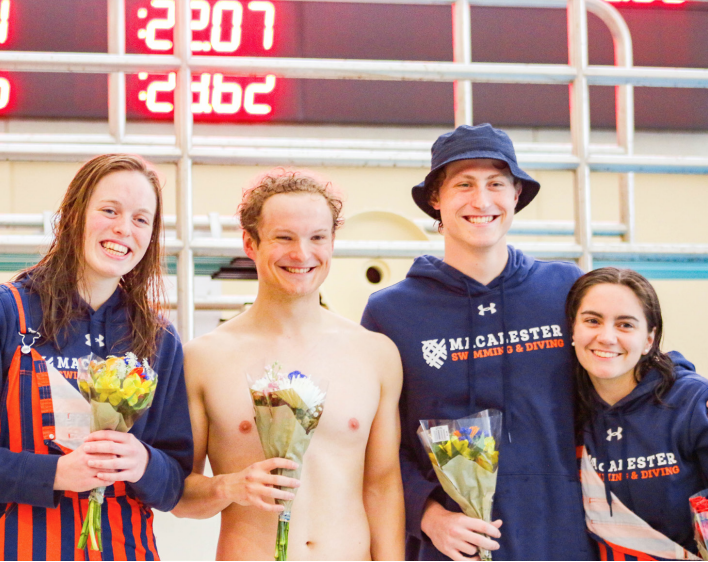



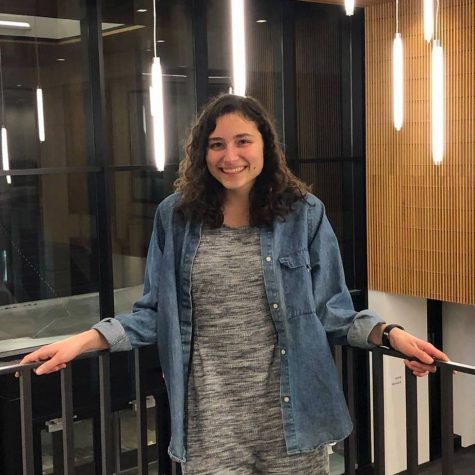
Mary Rutherford • Sep 11, 2019 at 6:33 pm
I should say also believe that mesothelioma is a extraordinary form of many forms of cancer that is typically found in these previously exposed to asbestos. Cancerous cellular material form from the mesothelium, which is a defensive lining that covers almost all of the body’s areas. These cells typically form inside lining on the lungs, abdomen, or the sac which actually encircles one’s heart. Thanks for giving your ideas.
Ella Ellison • Sep 10, 2019 at 12:33 pm
Perfectly pent written content, Really enjoyed studying.
Anthony Lawrence • Sep 9, 2019 at 5:59 pm
Hi there friends, nice article and fastidious arguments commented at this place, I am actually enjoying by these.
Manual Gonales • Jul 23, 2019 at 12:47 pm
Mass parsite http://bit.ly/2W9CVkn